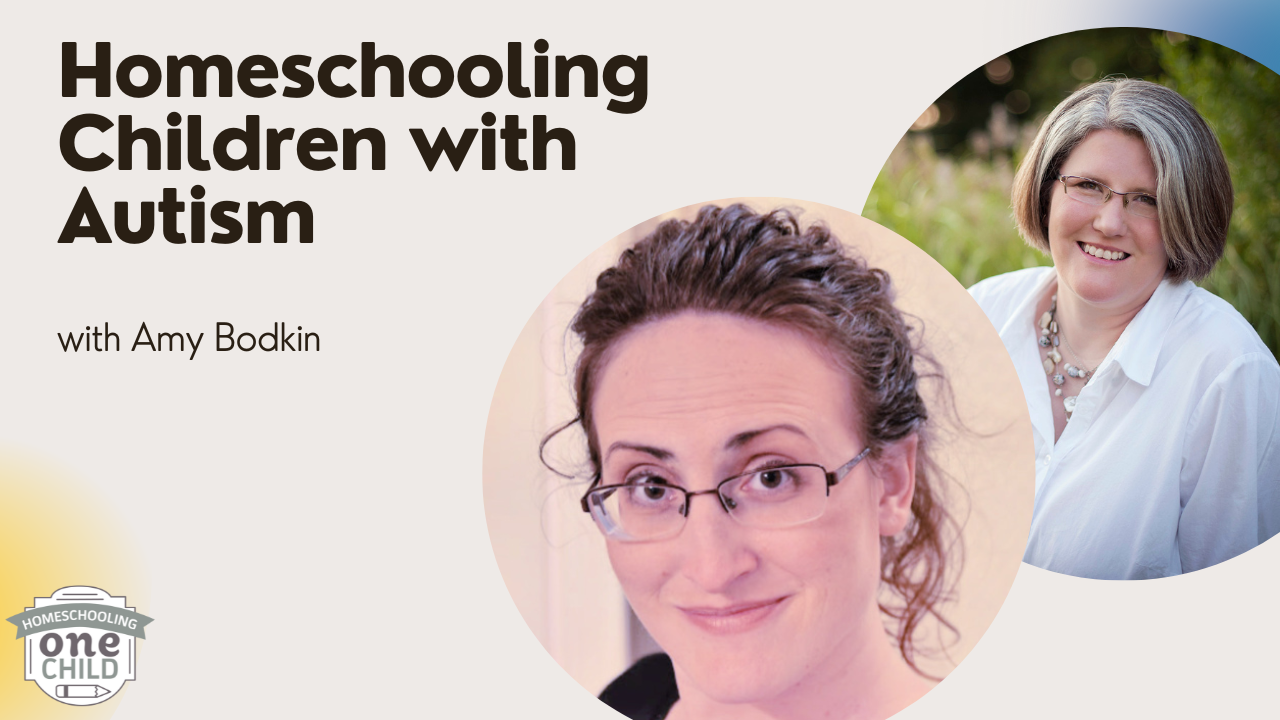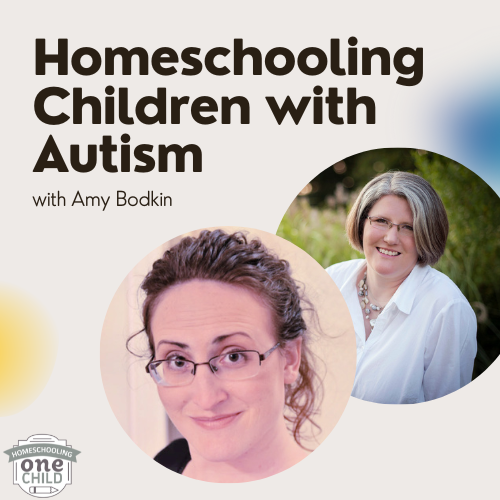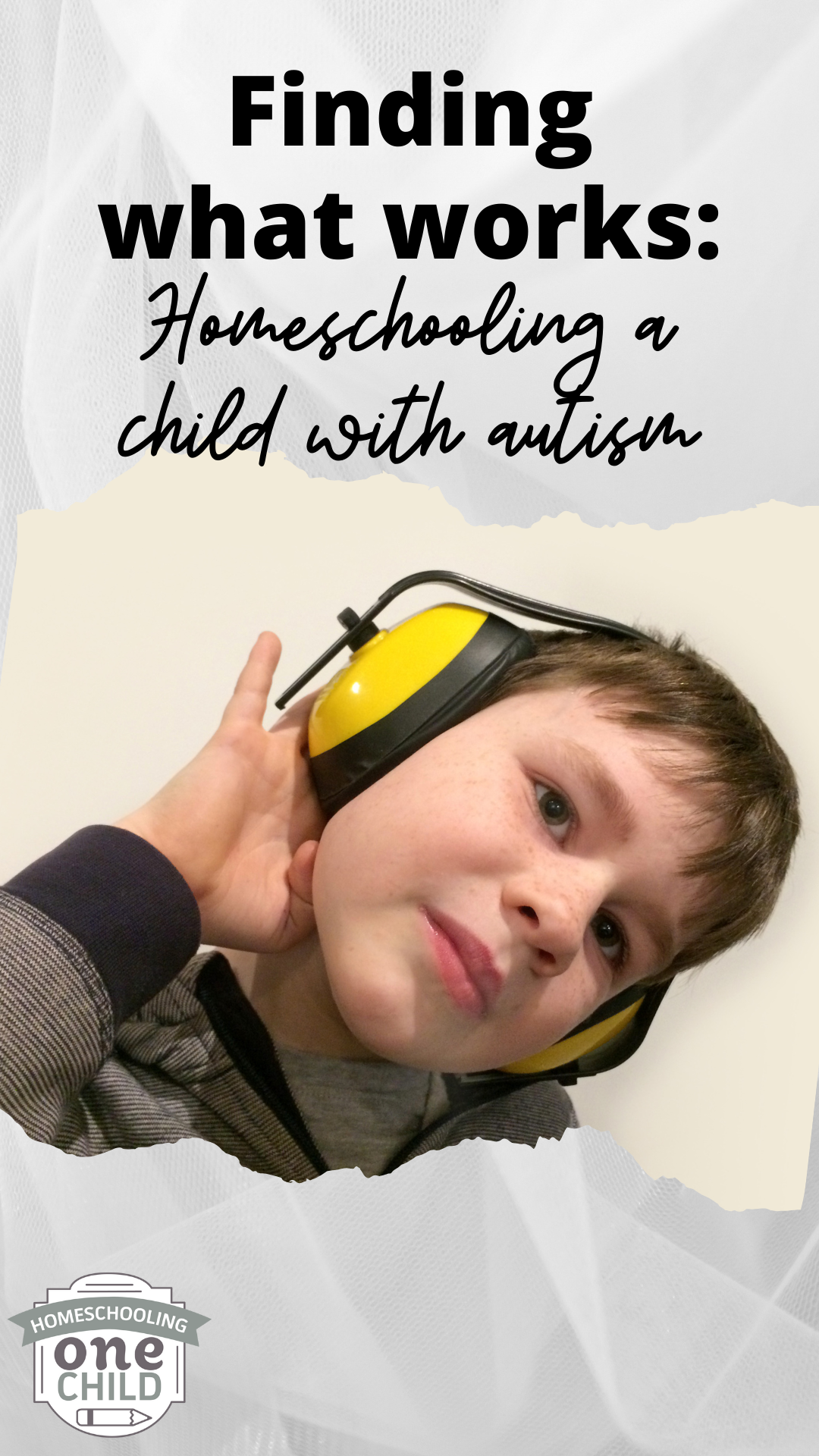|
This is the first installment in a six-month long series on homeschooling various special needs, in anticipation of the Homeschooling Special Needs Expo, an in-person conference coming June 28-29, 2024 to Shelby, NC. Open to all in the United States, this conference is the first of its kind in the nation, featuring Temple Grandin delivering the in-person Capstone Keynote and a church track to help churches minister to special needs families, in addition to helping teach parents how best to homeschool their special needs children and teens. For more information on the conference, click here.
What is executive functioning? Executive functioning are those skills that help a person plan ahead, meet goals, follow multi-step directions, have self-control, and manage distractions. For many kids (and adults!) with autism, ADHD, and other neurodivergent issues, executive functioning skills are not innate. However, one can exhibit executive function delays without having autism, ADHD, or other issues. The keys to help a child with executive functioning issues are to identify the issues and then to train the brain to develop those skills. There are eight key executive functions: Impulse control, Emotional Control, Flexible Thinking, Working Memory, Self-Monitoring, Planning and Prioritizing, Task Initiation, and Organization. Here are seven ways to homeschool kids with executive functioning issues. Use a planner for each child Use a calendar-planner for each child, where the child can write down assignments, tasks, chores, therapy sessions (if applicable), and keep track of important dates, such as birthdays, youth events for church, and due dates for homeschool projects. Use this planner to write down daily goals and priorities. Check the planner daily but allow the child to use the planner to take ownership, to help him or her track progress. Top 5 priorities Each Sunday evening, sit down with your child and work together to develop the top five priorities for the coming week. This may look like studying for an upcoming test, researching a paper, finishing a project, practicing an instrument five hours, or even taking care of pets. The important thing is to let your child think about the upcoming week and its tasks and develop five priorities based on the academic activities (or household chores) that are coming up in the week. Once your child thinks about those priorities then writes them down in the planner, help the child stay on track by referring back to the planner. Bonus: a child cannot argue with the planner! After several weeks of this, with success, this will become a habit that will stick with the child for a very long time. Do what you dread first Encourage your child to not put off unpleasant tasks but go ahead and knock out things he dreads first. For example, if your child hates to do math because she doesn't like it, encourage her to do math first, so that she's not dreading it all day long. Sometimes the anxiety of knowing that we have to do something we don't like to do paralyzes us in doing anything at all. Set up morning and evening routines Routines are critical in helping kids with executive functioning disorder thrive. Help your child by setting up and maintaining morning and evening routines, with self-care items such as bathing/showering, skin care, teeth brushing, any medications, meals, etc, part of those routines. Some homeschool families enjoy utilizing a morning basket in which books are read, puzzles solved, and the Bible read as a family before the academics of homeschool even start. Then, in the evening, have showers or baths, snacks, a movie, Bible devotional, or reading books in bed...the key is to maintain the routines for the good of all. Use a timer With some children, they take so long in doing one subject that they can't get to anything else. This frustrates them, frustrates parents, and doesn't make for a happy homeschool. First off, don't assign twenty math problems when six problems can represent the lesson and tell if a child has mastered the concepts. Use a timer, especially for things like math problems, spelling assignments, writing papers, or other things like teeth brushing. The little added pressure of beating the clock will help the child move on to something else and take away the dread of dealing with a subject he doesn't like. Start small In dealing with executive functioning issues, start with one thing. Set up routines, get them to a point where they're habits, then incorporate a planner. Like fad diets, moving too quickly from one thing to another is a set-up for failure. Do one thing for a couple of weeks, than add something else. Understanding goes a long way Children are rarely oppositional for no good reason. Usually there's an underlying reason behind difficult behaviors--diet, lack of sleep, a developmental delay or neurodivergent issue that hasn't been diagnosed, or lack of structure are all things to consider. Understanding why your child is acting out, not focusing on his or her work, or forgetting things you just went over is critical to getting your child the help he needs. Many times, in the process of discovering that your child has an executive function disorder, you may find that you also have the same issue. Executive functioning disorders can impede a person's entire life, but there are things that can be done to help train the brain to function to prevent anxiety, make deadlines and life goals, and not be late for events. Like with anything, it takes time and discipline to hone those skills, but just acknowledging there's a problem is the first step. Blessings, Terrie (c) 2024 Terrie Bentley McKee ALL RIGHTS RESERVED
0 Comments
|
AuthorTerrie Bentley McKee is an author and speaker who homeschools her youngest daughter. Married to her husband Greg, they have four children, all of whom have special needs of varying degrees. Terrie is a follower of Jesus Christ and tries to glorify God in all she does. To read more about her testimony, click here. Affiliate LinksHomeschooling One Child is a participant in the Amazon Services LLC Associates Program, an affiliate advertising program designed to provide a means for sites to earn advertising fees by advertising and linking to amazon.com. Check out our YouTube channel!Check out our podcast!Please pin!Archives
January 2024
Categories
All
|
- Home
- Blog
- Podcast
-
Resources
- Teach What is Good Devotional
-
Convention Resources
>
- Homeschooling a Teen with Autism
- Tips on Creating a Disability-Inclusive Church
- How to Teach Your Exceptional Child about Faith
- Homeschooling Preschoolers with Autism
- How to Pick Developmentally Appropriate Curriculum for your Autistic Child
- Overwhelmed
- Homeschooling One Child
- Life Skills Chickens
- Strategies on Homeschooling Kids with Special Needs
- About Us >
- Vlog
- Homeschooling News
- Printables
- Special Needs
- Curriculum
- Encouragement
- Home Management >
- History
- Science
- 25 Days of Advent
- Courses
- Store
(C) 2023 Terrie Bentley McKee ALL RIGHTS RESERVED
- Home
- Blog
- Podcast
-
Resources
- Teach What is Good Devotional
-
Convention Resources
>
- Homeschooling a Teen with Autism
- Tips on Creating a Disability-Inclusive Church
- How to Teach Your Exceptional Child about Faith
- Homeschooling Preschoolers with Autism
- How to Pick Developmentally Appropriate Curriculum for your Autistic Child
- Overwhelmed
- Homeschooling One Child
- Life Skills Chickens
- Strategies on Homeschooling Kids with Special Needs
- About Us >
- Vlog
- Homeschooling News
- Printables
- Special Needs
- Curriculum
- Encouragement
- Home Management >
- History
- Science
- 25 Days of Advent
- Courses
- Store








 RSS Feed
RSS Feed
